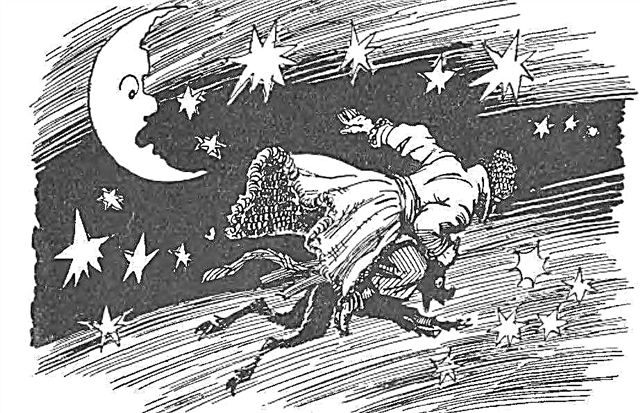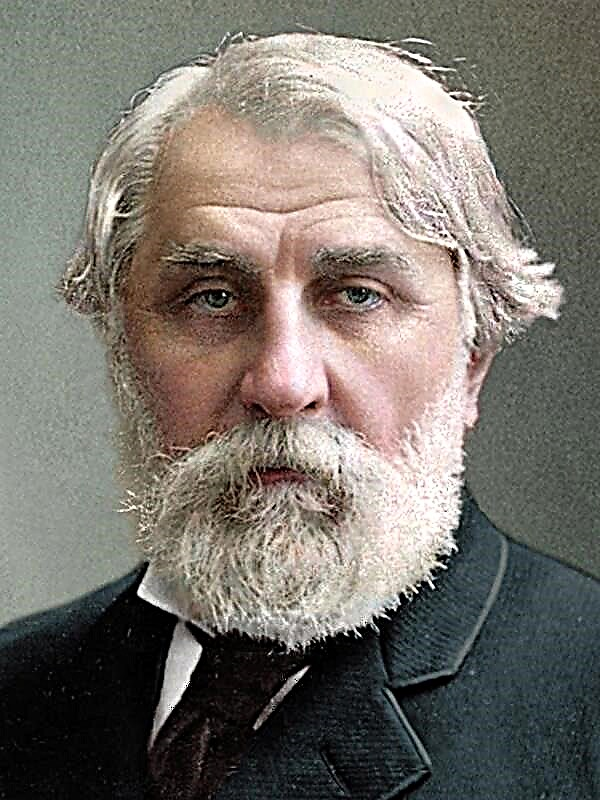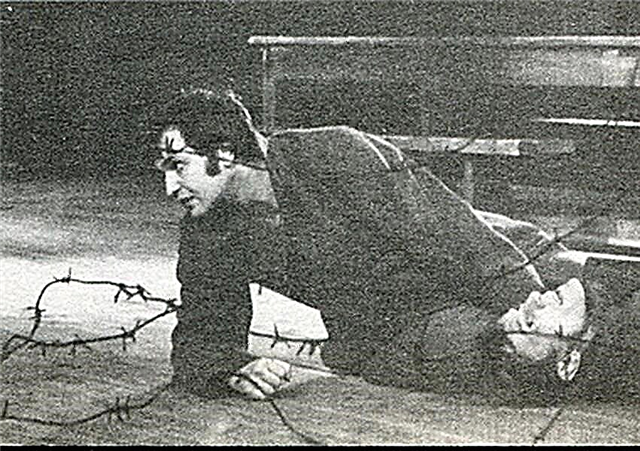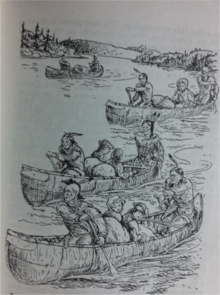(318 words) D. Fonvizin in his play “The Young Man” ridiculed many vices that make themselves felt throughout the comedy. Greed, rudeness, ignorance and love of power alternate in front of the viewer. The simpletons family absorbed all these sins.
The play focuses on ignorance. Mitrofan not only does not know, but does not seek to find out. Such are his parents: in their speech every now and then there is a complete ignorance of their native language. They ignore the rules of communication and rudely cut off each other. And Mrs. Prostakova herself admits that she sees the benefits of education only for her son, but she is not at all interested in her new knowledge. In her opinion, it would be wealth, and everything else will follow. Therefore, the heroine can not even check the quality of her son’s education, she’s all the same: that the numbers, that the letters are needed only in order to get a profitable rank. There is nothing to be surprised that the son grew up undergrowth.
An equally important vice is malignancy. Prostakova manifests it in every act. With her son, she does not hesitate to plug her husband and beat the servants. She was planning the abduction of Sophia, she was chasing her dowry. For marriage, in her opinion, there should be only one reason - money. If the party is profitable, love and even the simple consent of the girl is not required. It is enough that she, Prostakova, liked her estates. With such a mother, an example is taken by a son who refuses her in the finale. He absorbed indifference and selfishness in a family that also belonged to its entire environment.
And, of course, the vice of greed occupies an important place in comedy. Money rules the inner world of the heroes and their desires. For the sake of wealth, they are even ready to commit a crime and steal a person. It rules Skotinin, who comes to marry for the pigs of his future bride. At the same time, none of the negative characters is trying to honestly earn money, they all only want to appropriate them.
Thus, D. Fonvizin raised in the play problems that were relevant to the nobility of that time. None of the noble people wanted to work, all just used the power inherited from their ancestors. Therefore, the state had no one to rely on.












